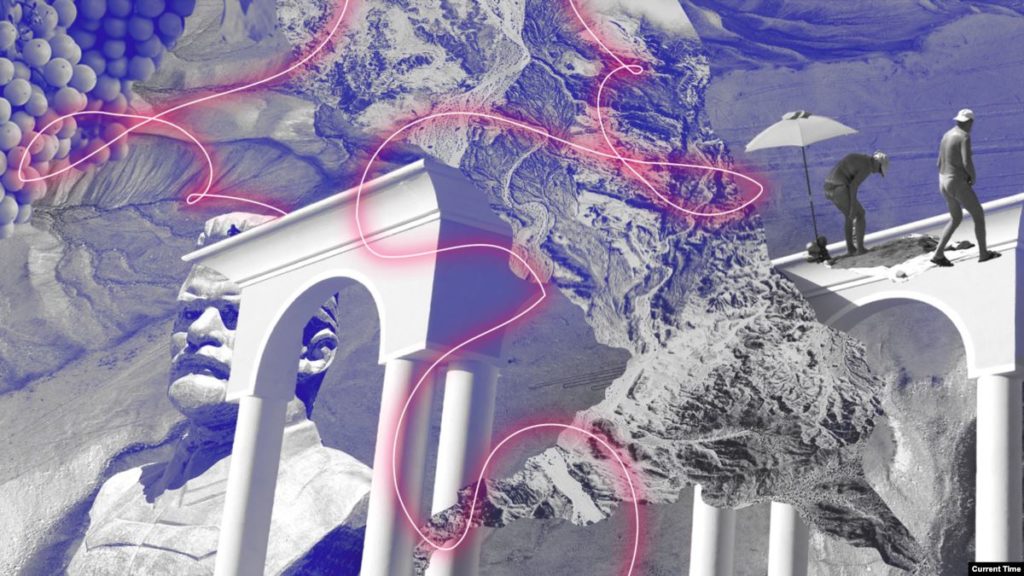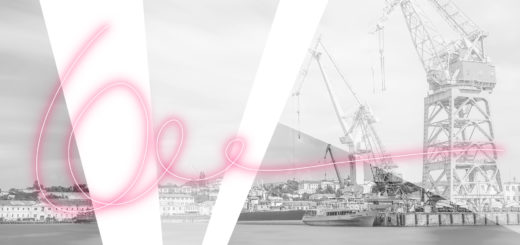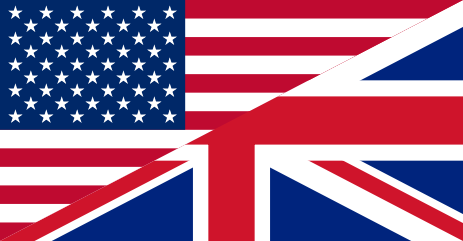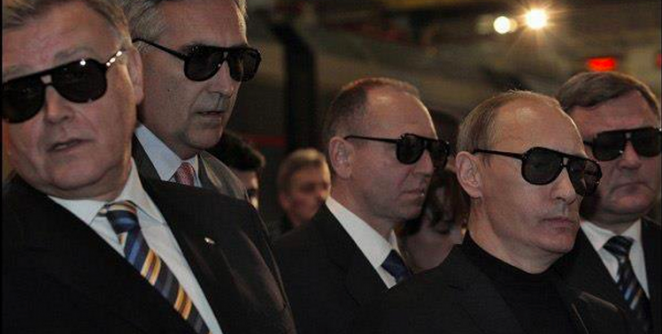Crimean archive
It’s been five years since the annexation of Crimea and the introduction of sanctions. Since then, dozens of owners of companies working on the peninsula had to either sell their business or think of ways to bypass the restrictions. Not everyone has agreed to part with their assets. For 1.5 years, journalists of Current Time and “Municipal Scanner” have studied Crimean businesses and found evidence that over one hundred companies violate the international sanctions.

The documents acquired by the journalists indicate that among those who violate the economic limitations of the EU, USA and Ukraine are billionaires Rinat Akhmetov, and Dmitry Firtash, companies that transported the “little green men”, Russian businessman and shareholder of “Novaya Gazeta” Alexander Lebedev, former Ukrainian minister of defense Pavel Lebedev and many other businessmen. Also, certain companies operating on the peninsula are connected to the German airline company Lufthansa, producer of the famous Medoff vodka and Bank of New York Mellon, world’s largest custody bank.
Large business
Birch buds and “Koktebel”. How vodka and cognac producers split the Crimean brands
International companies
How Lufthansa continues to feed thousands of passengers on Aeroflot flights, bypassing the sanctions
Experts on sanctions. What does Bureau Veritas do in Crimea
Oligarchs an politicians
Stashing away. How Klyuev brothers kept the solar plants in Crimea
Already in late 2018, deputy minister of economic development of annexed Crimea Andrey Kulik said that companies from the EU and USA continue operating on the peninsula, but “not all of them would like their names to be disclosed”. In the summer of 2019, Russian government allowed to conceal information about Crimean companies in the state registry. The data will be classified if the company is subject to foreign sanctions, works with defense procurement or has branch offices on the peninsula. Also, since the summer of 2019, a bill has been under consideration in the State Duma that could introduce criminal liability for “promoting anti-Russian sanctions”.
Sanctions of the EU, USA and Ukraine
The United States was the first to introduce economic restrictions in March 2014. They forbade their citizens and companies to conduct any business on the peninsula and import Crimean goods to America – even indirectly.
The EU followed soon, banning its companies from opening a new business on the annexed peninsula and investing in several industries: tourism, transport, telecommunications, real estate and energy. Brussels stated that assistance and consultation in these sectors will be considered violations. Indirect business ownership – that is, through a chain of companies, regardless of where they are registered – is also considered a violation.
EU sanctions and offshore violations that were created in Cyprus or the British Virgin Islands violate and are still used to save on taxes.
The USA, EU, Ukraine and several other Western countries have personal sanctions – cooperation with companies or people from these lists is also considered a violation. But in practice, everything is much more complicated.
Why is it hard to investigate?
In the EU, member states must be responsible for monitoring compliance with the sanctions and punishing their violation. But it was not possible to obtain clarification on specific cases from any responsible agency in any of the EU countries involved in the investigation. Only the governments of Lithuania and Sweden made contact. But even in Sweden they couldn’t decide which body was responsible for enforcing the sanctions and sent the journalists to the Foreign Ministry, to the prosecutor’s office, to the Ministry of Finance, or to the police station. In Lithuania, investigations have been ongoing for over a year, but not a single sentence has yet been passed.
Brussels does not interfere in the internal affairs of member countries, said Adam Kaznowski, spokesman for the European External Relations Service, to CT. In 2018, European Parliament deputy Petras Auštrevičius said that the current EU policy on the issue of compliance with sanctions is ineffective in practice.
In Ukraine, the SBU and the National Security and Defense Council are responsible for the sanctions, but they refuse to comment on specific cases: the information relates to national security and is therefore classified. And in the USA, consideration of questions about possible violations takes from several weeks to several years.
U.S. and EU sanctions experts who have spoken to Current Times have said that it is often difficult to determine what constitutes a violation — laws are worded in an abstract way.
“The sanctions law is very difficult to understand. It seems to me that sometimes the wording made ambiguous on purpose. One of my favorite sayings is: «Sanctions laws are not written to work out any possible business scenario, but to achieve a specific political goal»”, – says Eric Ferrari, American lawyer from Ferrari & Associates, P.C.
“There is very little clarification. Lawyers can give their legal assessment of what these documents mean – this is mostly my job. But the European Court is a court that will determine the [exact] interpretation. Otherwise, people themselves have to figure out what these laws mean”, – told Maya Lester, a UK Brick Court Chambers Queen’s Counsel.
During the time of the investigation, a small part of European and American companies left the peninsula and actually stopped violating the sanctions. But, as experts in sanctions law say, this does not relieve them of responsibility, even if the economic restrictions are completely lifted.
Authors:
Christina Zakurdaeva, Mikhail Maglov
Co-authors:
Grigory Pyrlik, Roman Sukhan
Editors:
Christina Zakhurdaeva, Elena Shmaraeva, Dmitry Treshchanin
Illustrations:
Alexandra Zolotykh





